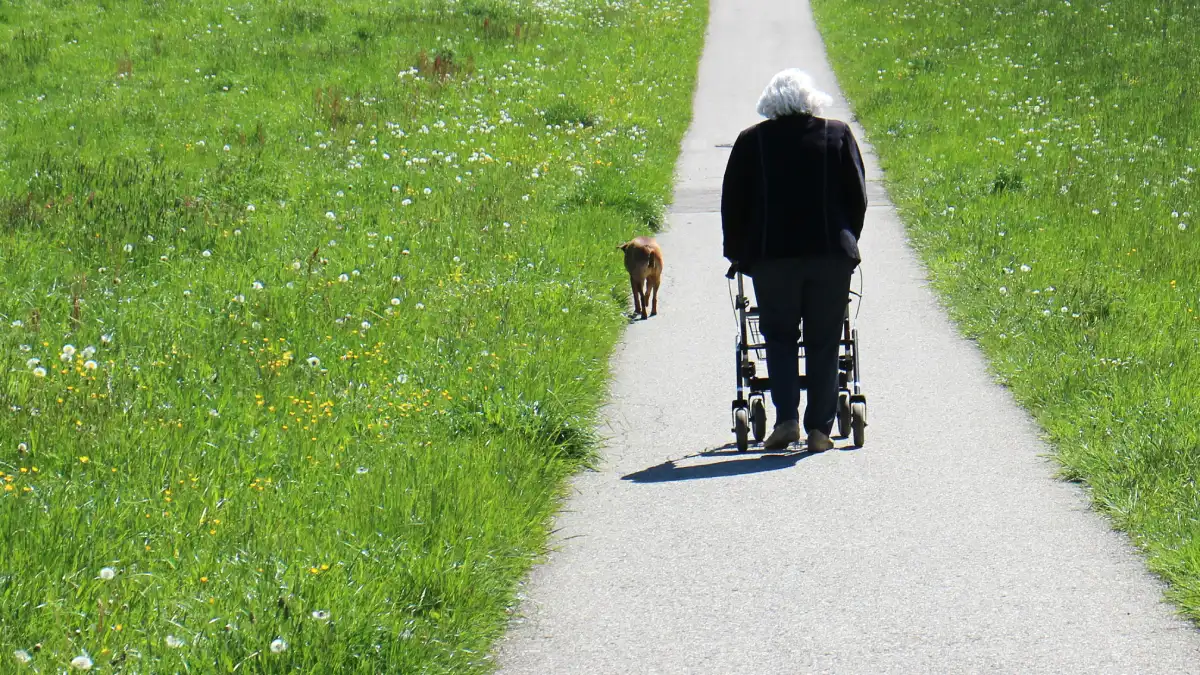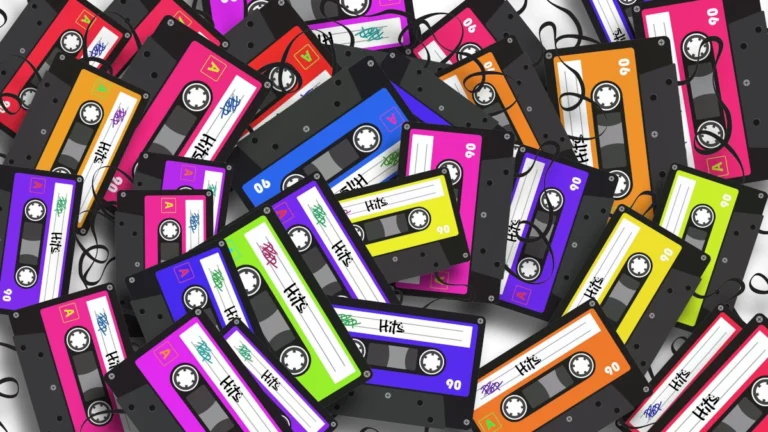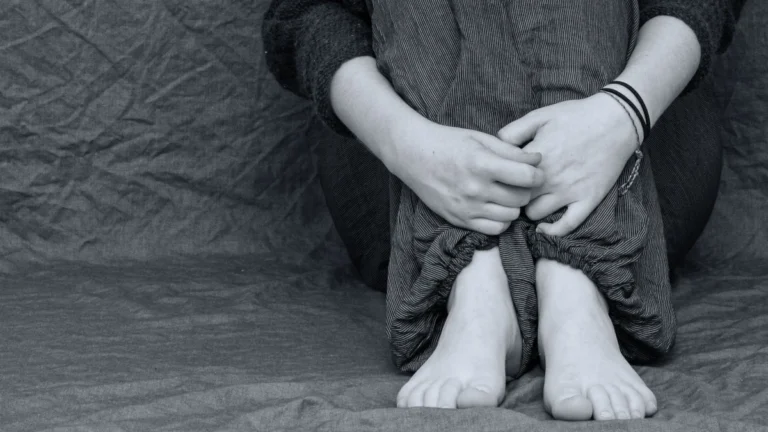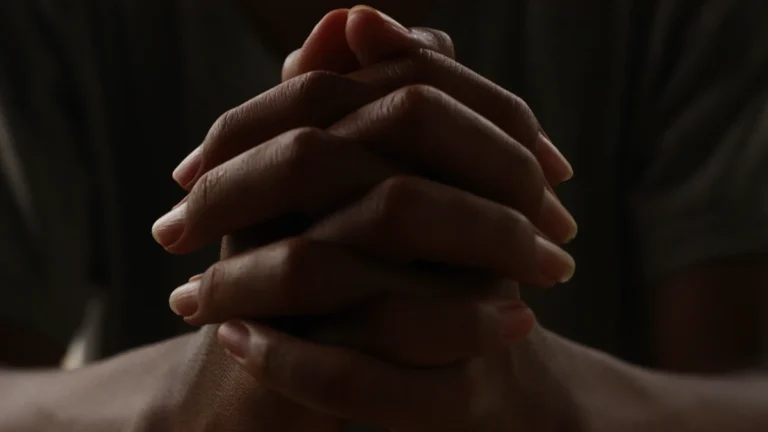Not long ago, I wrote about the Ancients—the ones who’ve crossed the threshold where the body becomes a daily negotiation, and time no longer pretends to be infinite. I wrote it as someone peering through the glass, not quite inside the exhibit yet. But I can smell the welcome package. My name’s on the list. I’ve still got a bit of time left to twist the dial, but not so much I’d waste it on waiting.
Hope, in this phase, is a seductive kind of sabotage. I don’t deal in it much. Hope delays action. It sugarcoats the rot. It’s the lie we tell ourselves to avoid the terrifying clarity of the moment. I prefer something more bitter, more useful: acceptance—and then squeezing the damn bottle till it crumples in your hands.
The view changes once you cross over. When the knees protest and the names of long-dead friends crop up more often than birthdays. I’ve seen this shift firsthand. My parents. Other family members. Old friends. People I used to drink with. People I used to argue with. People I never imagined would get old. And some of them have died. Like my father.
My father died about 20 months ago. His decline was a slow fizzle. Not unexpected, but still—the silence he left behind had gravity.
We worried for my mother. Eighty-something, alone in a too-large house, far out in the sticks, where delivery apps and grandchildren don’t venture. We—the children, now middle-aged children—braced ourselves. Divided up logistics. Shopping, companionship, grief patrol. We expected decline. Collapse. A slow folding-in.
Instead, she rose.
She gutted the house with our help, bleached the walls of death, resuscitated her flower garden—and then did something none of us saw coming. She got her driver’s license. At 81.
Yes. My mother. Who had never so much as handled a steering wheel outside of a shopping cart. Who had to sit in classrooms with kids who could’ve been her great-grandchildren. Who passed the test. Because she wanted to. Not for us, not for some silly bucket list, but because mobility meant life, and she had no intention of lying down while it was still pulsing under her feet.
Now she’s known region-wide as the old lady with the green micro-car. A rolling contradiction. A miracle with a license plate.
Tell me that’s not glorious.
But as glorious as she is, she’s not alone. Grandma Moses, born Anna Mary Robertson, taught herself to paint in her seventies. Not a seasoned artist returning to the easel—but a total beginner at the age when most roll up and begin the slow fade. She didn’t just defy convention—she lit a match under it.
Or take a male example: Fauja Singh. Born in 1911 in Punjab. His wife died in 1992. His son, two years later. So at 89, grieving and uprooted, he moved to London—and began to run. Not jog. Not shuffle around the park. Run. And he didn’t stop. He broke records for aged marathoners and, in 2011, became the first centenarian to complete a full marathon. Late to the game? Maybe. But he still showed up. And that’s the punchline.
This is the last act. The mask is off. There’s no career ladder, no audience to impress, no points left to score. You should be at the point where the feelings of others no longer detain you. Frankly, I recommend reaching that point earlier. But if you haven’t—now’s the time to give zero damns and go all in. What’s the alternative? Wait for the inevitable with your shoes neatly lined up? No. Find the damn soft drink bottle of life and squeeze it until your fingernails leave crescent moons in the plastic.
You could learn cuneiform Sumerian—just remember to leave your glasses somewhere you’ll actually find them.
Time’s winged chariot may be idling outside, but don’t let the bastard write the script.
Yes, the body changes. The joints creak. The muscles sulk. Words float away mid-sentence and refuse to come back. But this isn’t Game Over. It’s a shift in strategy. You don’t leap anymore—you tunnel. Quietly, methodically, with cunning and salt.
So, dig. Not in the garden. In the layers. The half-dead ambitions. The hobby you buried under duty. The ridiculous dream you shelved at 40 because someone told you to grow up. Take it out. Dust it off. Glare at it. And then try. Not because it will succeed, but because the trying is the point.
You’ve lasted long enough to watch entire eras die. You’ve seen marriages, systems, countries collapse. You’ve survived versions of yourself that would terrify your grandchildren. That earns you the right to chart your own damn course.
Ignore convention. Choose your poison—and drink it slow.
So yes, grieve the fading. Grieve the strength that once came easily. But then, defiantly, lift your eyes and scan the horizon. What’s still possible? Even in miniature. Even in metaphor. A bonsai dream is still a dream.
We get too hooked on outcomes. If it doesn’t impress, if it doesn’t endure, we assume it didn’t matter. But that’s propaganda. The good stuff? It’s in the doing. A painter doesn’t brush for applause. A writer doesn’t carve sentences because they’re immortal. They do it for the click. For the resonance. For the thrill of seeing a thought take form.
When I was a kid, I built boats. Floating disasters made of junk and optimism. Most of them sank before they reached the middle of the pond. I didn’t care. It was never about the voyage. It was about the build. When one boat floated, I was already dreaming up the next. The joy was in the act.
That still holds. When I let it. It was never about the boat. It was about the trying. The curiosity. The stubborn refusal to wait for permission. Failing forward because no one else’s path made any damn sense. The act became the pleasure. The outcome? Collateral damage.
You can build anything—and watch it burn.
You can bake it—and feed it to the birds.
You can write it—and toss the script in the round tray.
It matters because it’s yours. No justification required. And if the world knocks on your door with a clipboard and a rulebook, tell it to go to hell. Smile while you do it. Because you win if you say you win. Doing it anyway is victory.
How many times, when you were younger, did you sing alone in the bathroom? Or dance like nobody was watching while you made dinner? How many times was the stage with no audience the best thing of the day? No one is watching. Nobody claps. Great. Time for the real act—the one you never dared to show anyone. That’s freedom.
Do it for yourself. Not for the finish line. Not for your legacy, which will be misremembered or ignored anyway. Do it for the rhythm of your own breath meeting the task.
Don’t be like Oliver Sacks, one of Britain’s greatest neurologists, who had an uncanny gift for blending science with story. A rich life, by any standard. But at the end, staring down terminal cancer, he confessed he wished he had “lived more and worried less.”
He didn’t regret what failed. He regretted what he hadn’t dared to try. That’s the line in the sand: Rattle the fence. Shake the tree. See what falls. Or as Chuck Noland said in Cast Away: “Who knows what the tide could bring?”
Brendan Grimshaw did. In 1962, at age 37, the Yorkshire newspaper editor bought an uninhabited island in the Seychelles. Not to flip it. Not to build condos. Just because something inside him whispered, this is mine. Over fifty years, he planted trees, carved paths, reintroduced tortoises and rare birds. He turned bare soil into a self-sustaining Eden. And he never sold. Not once. Offers came. Big ones. He smiled. Declined. Lived.
I’m sure things failed. Died. Washed away in storms. But he woke up the next day and kept going. Because the rhythm of doing was his reward. Not the result.
You don’t need an island. Your jungle might be a flowerbed behind the toolshed. Or a painting you’ll never show. Or the dish you’ve always wanted to cook. Or the terrible novel no one will ever read.
Build the boat. Let it sink. Then build another.
Diogenes lived in a barrel. Not because he had to—but because he wanted to. He laughed at the vanity of the world. Naked, unbothered, flipping off power with a grin. That was his miracle drug. Extreme? Sure. But he enjoyed it. And thousands of years later, we still speak his name. How many can say that while laughing?
Sometimes old age breeds a special kind of outlaw. Someone who no longer asks permission. Who slips the leash. Who plays just to play. Impress if you want—but at this stage, it doesn’t matter anymore. What matters is what you fill your head with before the lights go out.
The fun is over when it’s over.
Until then—raise your wrinkled chin, rattle those bones, and get to work.




